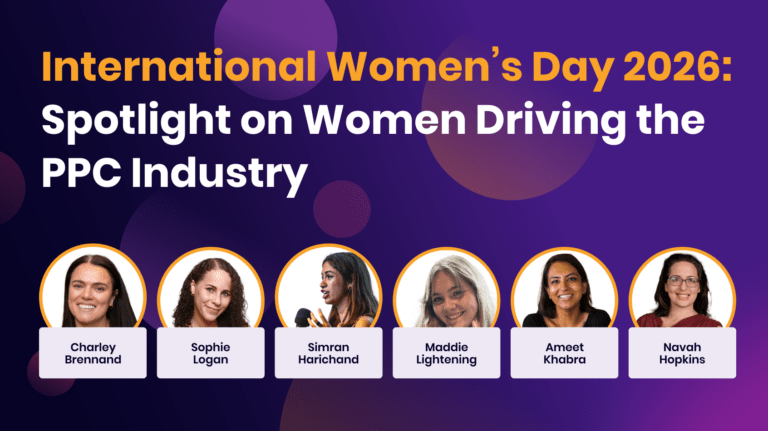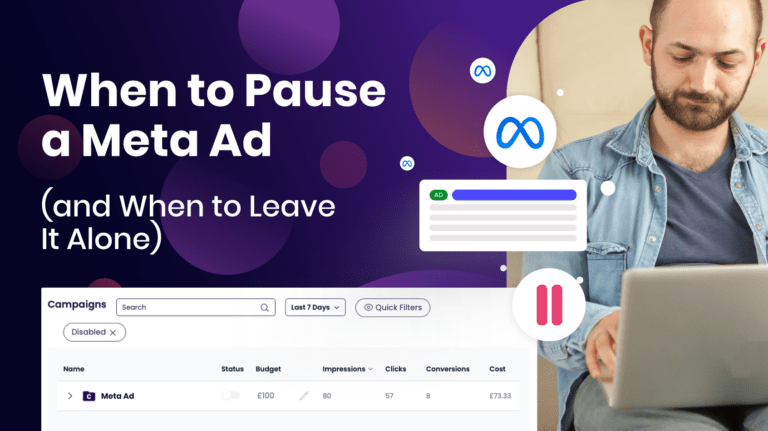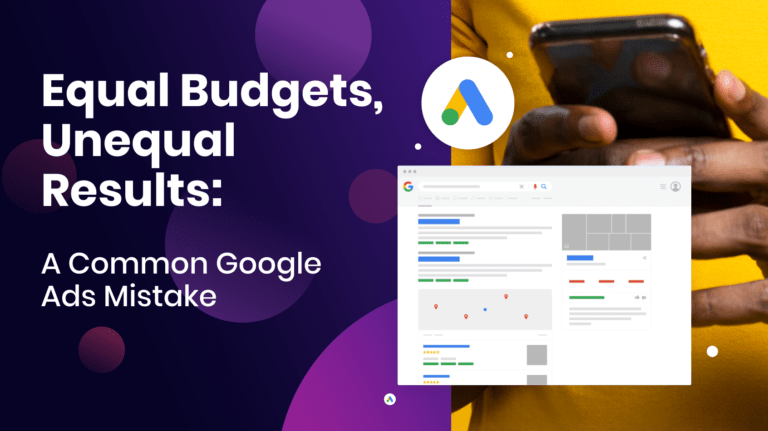I’ll start by correcting my own sensationalist introduction; your campaigns are not being run by robots in a ‘metal head and pipes for legs’ sense, but nowadays campaign features more often than not include a degree of automation. Match types (allowing the engine to find related queries), bid strategies (enabling the engine to adjust your keyword bids to hit an objective), RSAs (re-jigging your ad assets to create the best possible ad variation) – all of these functions are automated, using machine learning to find insights and make decisions faster than any human ever could (even the really really clever ones).
Automation is a fantastic thing; it makes tasks quicker, analyses huge data sets in the blink of an eye, and never sleeps, which for some of the more control freak-ish of us causes some concern (if not purely wounding professional pride).
Many moons ago, keywords were the be-all-and-end-all of your Ads account. Hours and hours would be spent laboriously scouring search query reports (now referred to as Search Terms Reports) for new keywords to add, lest you miss out on some valuable traffic. With progressions in match types causing ‘close variant’ or ‘near match’ technology to trigger ads for related keywords (even when exact match is in use), it’s safe to say that the now-humble keyword is no longer the most important factor of your Ads account.
But fear not, all is not lost. Here are three focus areas for your campaigns that can help to steer performance in the age of automation:
- Audience
Whilst the search query a user enters indicates their active intent, the audience that the same user belongs to can indicate their passive intent. Whether from remarketing lists of website visitors, or in-market/affinity segments within the engine, a user’s membership within a certain audience can help to qualify their query, even if their search term doesn’t exactly match your keywords. Audiences can be added as ‘bid-only’ segments, allowing advertisers to review the performance of a given user group before making hardcore targeting changes to their campaigns.
- Campaign Structure
Campaign structure has always been important. A well-organized account allows advertisers to allocate investment across tactics of lines of business, as well as make shared assets more accessible to certain campaigns (for example audiences, creative, or negative keyword lists). As a human navigating an Ads account, I can see for myself which campaigns are named similarly, and so I could identify where else to look if I needed further insight or information. In the age of automation, however, the human understanding of your campaigns is potentially less important than that of the algorithm. For example, some bid strategies will reference the performance of other keywords within the same ad group or campaign in order to make decisions in instances of sparse data. In this situation, it’s important that the data signals received from the broader ad group or campaign are helpful toward the algorithmic goal. For example, if you’ve got all of your keywords in one ad group and the algorithm is struggling to identify the bid for the keyword ‘rent property in London’, keywords such as ‘buy property in Kansas’ are unlikely to come to the rescue data-wise. By keeping your campaigns organized by theme and performance (E.g. match types, high revenue terms etc), the algorithm is much more likely to find useful contextual data, supporting your campaign success.
- Data
Automations do not have the ability to carry out broad-range on-the-spot troubleshooting. Take bid strategies for example; in this case, the algorithm needs to know your aim (E.g. conversions, clicks, ROAS), any applicable parameters (E.g. max. CPC limit, target ROAS), and have sight of the relevant data (which is why conversion tracking is required to run conversion-based bid strategies: the system needs to be able to see what’s working against the objective and what’s not in order to make more fruitful decisions moving forwards). One of the most common challenges with data-based automation for small to medium-sized advertisers is the volume of data – a business achieving five online orders a week is unlikely to have recorded enough conversion data for the algorithm to identify keywords, audiences, or creatives which are most likely to result in a conversion (to be fair, us humans would have the same issue as we would consider the results to be statistically insignificant and therefore lacking quantifiable insight).
To tackle this, we must make as much relevant data available to the algorithm as possible. In instances of low conversion volume, secondary conversion events can be configured within your account, subsidizing purchase data volumes with events such as ‘add to basket’, ‘add to wishlist’, ‘account login’, and other on-site actions that would help to indicate a valuable user to the engine. Likewise, if traffic volume is a challenge, you may wish to consolidate some of your campaigns, condensing your campaign structure so each element is more keyword rich (just remember to keep things nicely themed).
Automation can be daunting for those of us who are used to having full control over every account element (or those of us with a slightly uptight work approach), however, the growth of automation is beneficial, unstoppable, and well on its way. How you choose to respond to this trend is up to you; just bear in mind there has never been a better opportunity to ‘work smart, not hard’.




